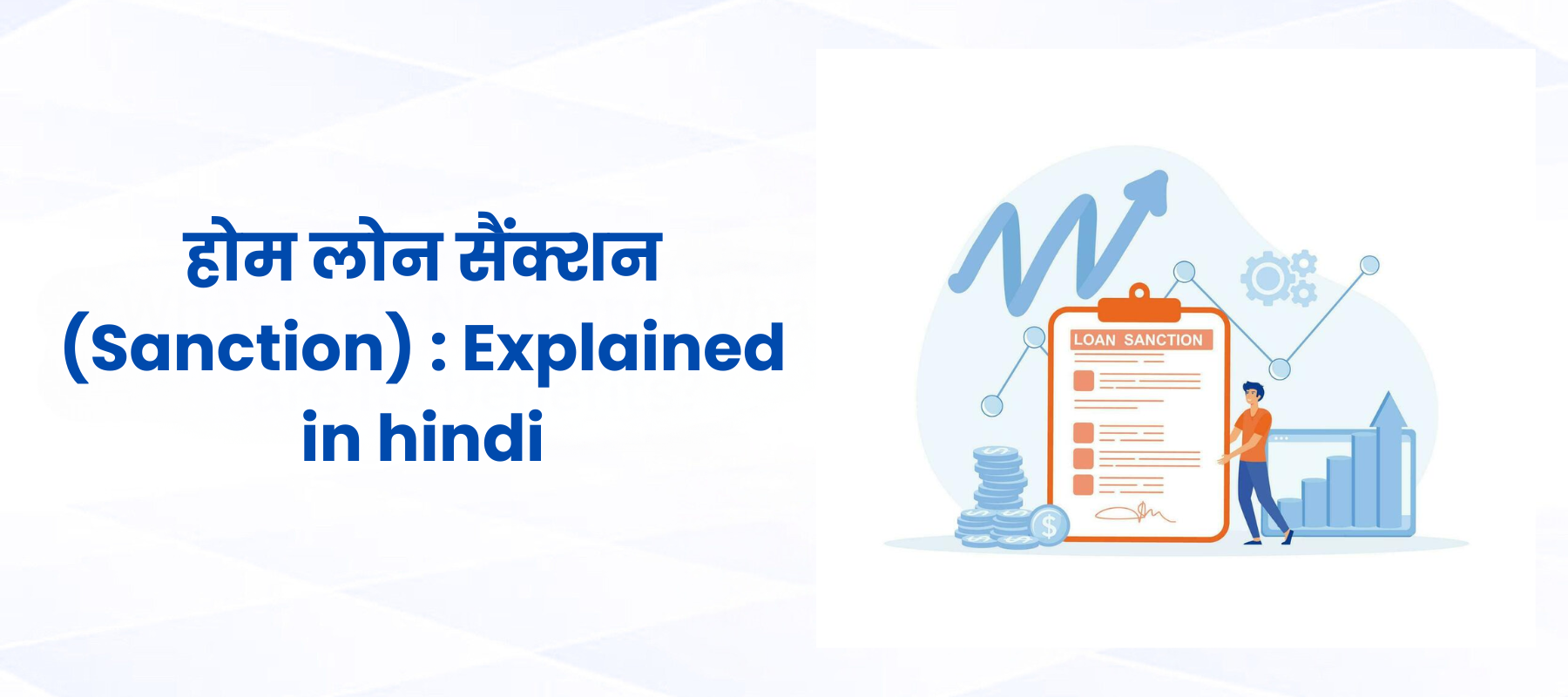Pradhan Mantri Awas Yojana: A Step Toward Housing for All and Tax Relief for Homebuyers

The dream of owning a home is one shared by millions across India. Recognizing this aspiration, the Government of India launched the **Pradhan Mantri Awas Yojana (PMAY)** in 2015 with the vision of “Housing for All” by providing affordable housing to the urban and rural poor. Alongside this initiative, the government also offers **income tax rebates on home loans**, making homeownership more financially accessible. This blog explores the key features of PMAY and how homebuyers can claim tax benefits on their home loans while filing Income Tax Returns (ITR).
Understanding Pradhan Mantri Awas Yojana
PMAY is a flagship housing scheme aimed at providing **pucca houses with basic amenities** to economically weaker sections (EWS), low-income groups (LIG), and middle-income groups (MIG) in both urban and rural areas. The scheme is divided into two components:
- **PMAY-Urban (PMAY-U)**: Targets urban poor, including slum dwellers, street vendors, and daily wage earners.
- **PMAY-Gramin (PMAY-G)**: Focuses on rural households living in kutcha or dilapidated houses.
Under PMAY, eligible beneficiaries receive **financial assistance up to ₹2.67 lakh** through the **Credit Linked Subsidy Scheme (CLSS)**. This subsidy is directly credited to the beneficiary’s home loan account, reducing the loan burden significantly. The scheme has been extended until **December 31, 2025**, and continues to empower thousands of families across India to build or purchase their own homes.
Eligibility Criteria for PMAY
To qualify for PMAY benefits:
- The applicant must not own a pucca house anywhere in India.
- The family income must fall within the EWS, LIG, or MIG categories.
- The property must be in the name of a female member or jointly owned with one.
- The applicant must not have availed benefits under any other housing scheme.
Tax Rebate on Home Loans: A Financial Advantage
In addition to subsidies under PMAY, homebuyers can also claim **tax deductions on home loan repayments** under various sections of the Income Tax Act, 1961. These deductions apply to both the **principal and interest components** of the loan.
1. Section 80C – Deduction on Principal Repayment
- You can claim up to **₹1.5 lakh per annum** on the principal portion of your home loan EMI.
- This deduction is available only if the property is not sold within five years of possession.
2. Section 24(b) – Deduction on Interest Paid
- For self-occupied properties, you can claim up to **₹2 lakh per annum** on interest paid.
- For rented properties, there is **no upper limit** on interest deduction.
- If the property is under construction, the interest paid during that period can be claimed in five equal installments after completion.
3. Section 80EE and 80EEA – Additional Benefits for First-Time Buyers
- Under **Section 80EE**, first-time homebuyers can claim an **additional ₹50,000** on interest, provided the loan amount is under ₹35 lakh and the property value is under ₹50 lakh.
- **Section 80EEA** offers an **additional ₹1.5 lakh** deduction for affordable housing loans sanctioned between April 1, 2019, and March 31, 2022.
How to Claim These Deductions in ITR
To file for these rebates:
- Choose the **old tax regime**, as these deductions are not available under the new regime.
- Collect your **home loan interest certificate** from your lender.
- Report the deductions under the appropriate sections while filing your ITR.
- Ensure the property is registered in your name and the loan is in your name or jointly held.
Conclusion
The Pradhan Mantri Awas Yojana is more than just a housing scheme—it is a transformative mission that brings dignity, security, and financial empowerment to millions. When combined with the tax benefits available on home loans, it creates a compelling case for aspiring homeowners to take the leap. Whether you're building your first home or investing in your future, understanding these schemes can help you make informed, financially sound decisions.
Note: IndiBlogHub features both user-submitted and editorial content. We do not verify third-party contributions. Read our Disclaimer and Privacy Policyfor details.




